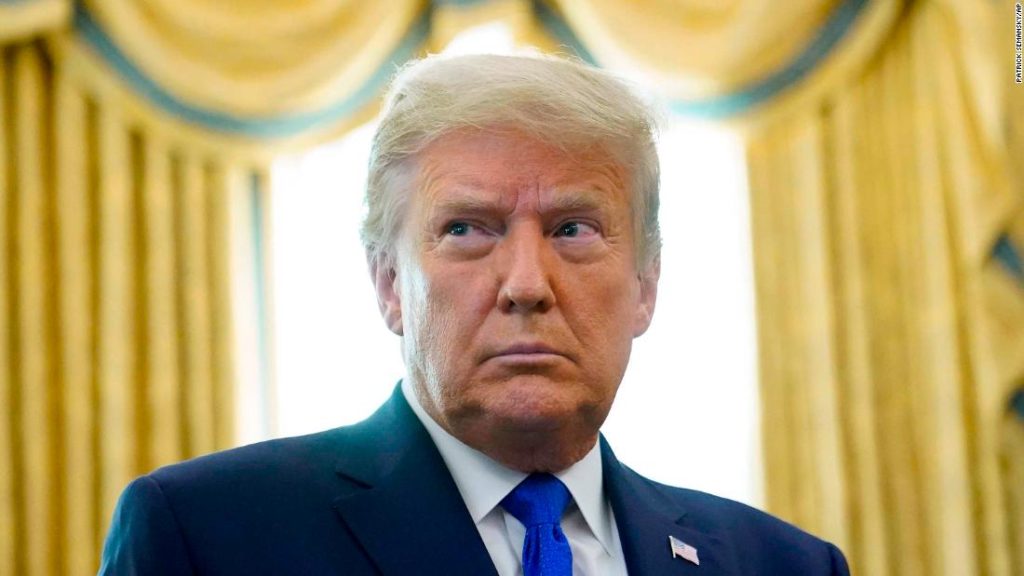Setting aside the hyperbole — Morocco and Israel have long had a quietly amicable relationship — the Moroccans extracted a high price from the US: recognition of Moroccan sovereignty over the long-disputed territory of Western Sahara.
Intissar Fakir at the Carnegie Endowment for International Peace says “the Kingdom was able to extract the maximum gain from the US.”
The idea that Israel should be at peace with Arab governments is of course laudable. These agreements, combined with its existing peace treaties with Egypt and Jordan, help make the neighborhood a safer place. To its east and south, Israel now enjoys a security belt that will be all the stronger should Saudi Arabia in the coming weeks or months also take the leap to recognition.
The pursuit of the Abraham Accords has been a very Trumpian exercise, helmed by his son-in-law and senior adviser Jared Kushner and embracing the art of the (bilateral) deal to deliver a signature foreign policy achievement.
But as with the Iran nuclear deal, the Paris agreement on climate change, arguments about NATO spending and the recognition of Jerusalem as Israel’s capital, the process has undermined consensus among America’s allies. And in the process Trump’s team has promised much, pledges that may breed tensions of their own and complicate life for the incoming Joe Biden administration.
Moroccan security forces control about three-quarters of it.
Geoff Porter, who runs North Africa Risk Consulting, a political and security risk and business intelligence firm, says “the US’ abrupt reversal of its longstanding policy dramatically increases the likelihood of renewed conflict in the region,” as a younger generation of Sahrawis see no hope of self-determination.
Porter says Trump’s recognition of Moroccan sovereignty has disrupted “what was a carefully balanced approach to building important partnerships and alliances in a diverse region.”
It would be difficult for the incoming Biden administration to unpick the agreement without alienating Morocco. Even so, Intissar Fakir says the deal could “complicate the incoming Biden administration’s relationship with European allies and with key African actors that oppose Morrocan control of the area.”
Palestinian cause withers
Through its military and economic clout, the US is in a unique position to persuade moderate Arab governments to establish relations with Israel. It has been helped by their changing priorities. For the kingdoms of the Gulf, the threat is no longer the Jewish state but the Islamic State across the water.
So, the United Arab Emirates pushed for a massive arms purchase — including up to 50 F-35 fighters and drones — as part of the normalization deal. But that has sparked concern in Israeli government ministries as well as on Capitol Hill that Israel’s military superiority in the region may be eroded.
The main losers in this process are the Palestinians. There was a time when Yasser Arafat was the chief attraction at an Arab summit (the author covered the 1987 meeting in Amman) — and every Arab government paid homage to the Palestinian cause.
But as the Arabs splinter, the Palestinian cause withers. Simply put, a common front against Tehran is more important than a homeland for the Palestinians, even if Morocco and the UAE still pay lip service to the cause.
Of course, the Biden administration will have higher priorities than the Western Sahara when it takes office, but the Morocco deal is one more example of Trump’s famous “transactional diplomacy.”
You may also like
-
Afghanistan: Civilian casualties hit record high amid US withdrawal, UN says
-
How Taiwan is trying to defend against a cyber ‘World War III’
-
Pandemic travel news this week: Quarantine escapes and airplane disguises
-
Why would anyone trust Brexit Britain again?
-
Black fungus: A second crisis is killing survivors of India’s worst Covid wave

